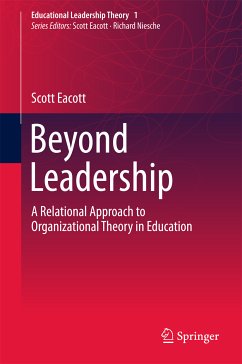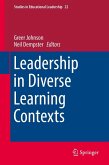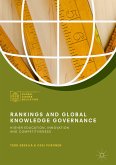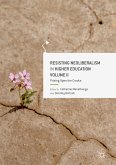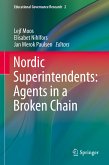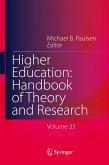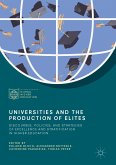Eacott's relational approach provides a distinctive, post-Bourdieusian variant of the relational sociological project. Shifting the focus of inquiry from entities (e.g., leaders, organizations) to organizing activity and recognizing how auctors generate - simultaneously emerging from and constitutive of - spatio-temporal conditions unsettles the orthodoxy of organizational theory in educational administration and leadership. By presenting its claims in the context of other approaches, the book stimulates intellectual debate among both relational sociologists and opponents of relational approaches.
Beyond Leadership provides significant insights into the organizing of education. As it does not fit neatly into any one field, but instead blends educational administration and leadership, organizational studies, and relational sociology, among others, it charts new territory and promotes important dialogue and debate.
Dieser Download kann aus rechtlichen Gründen nur mit Rechnungsadresse in A, B, BG, CY, CZ, D, DK, EW, E, FIN, F, GR, HR, H, IRL, I, LT, L, LR, M, NL, PL, P, R, S, SLO, SK ausgeliefert werden.

